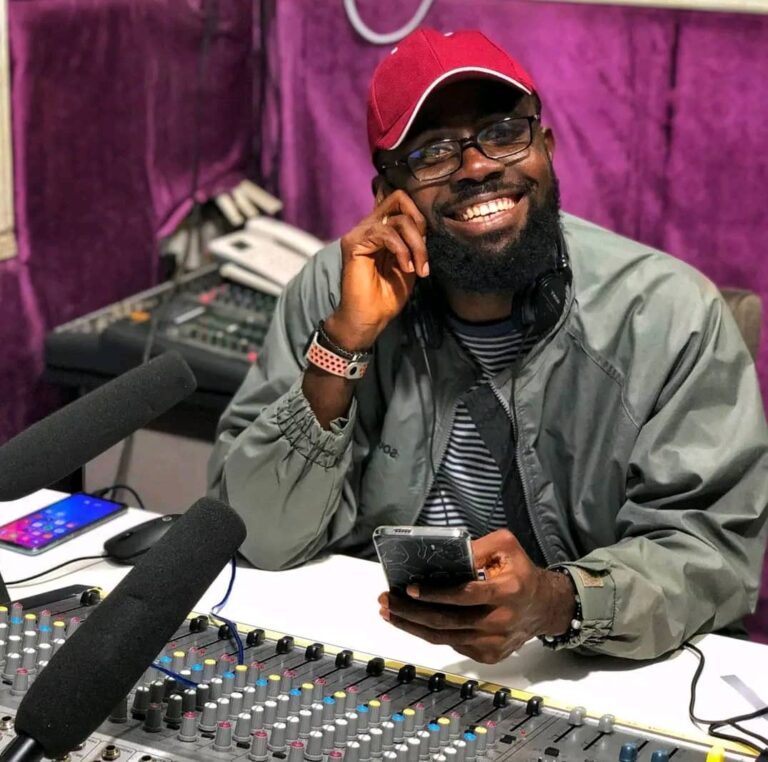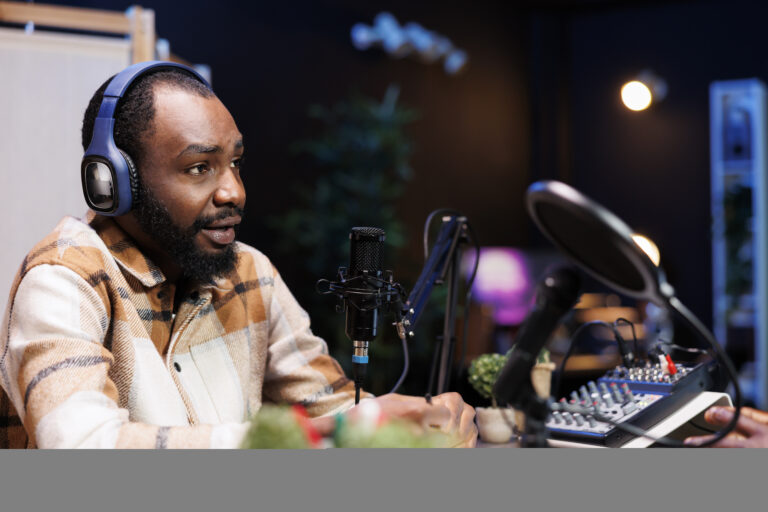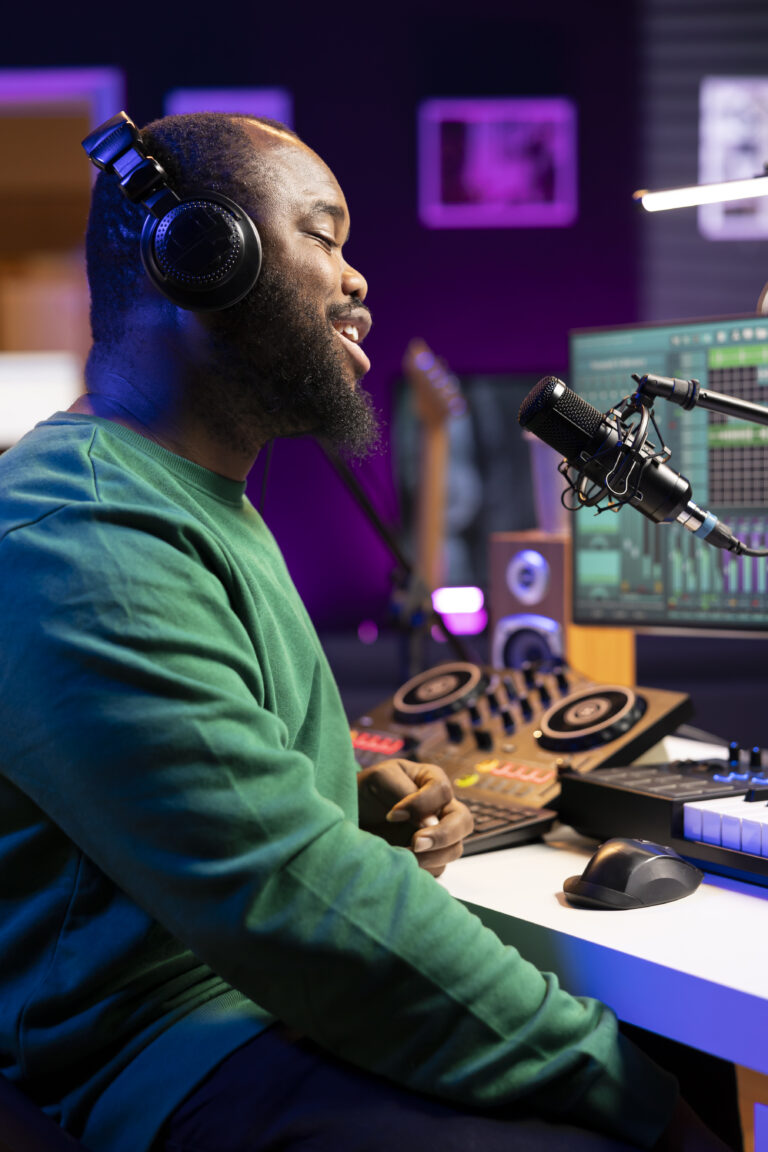So you have been meaning to start a podcast but wondering how to go about it? Here is your chance to learn about how to start a podcast without getting crazy tools or breaking the bank.
A lot of people are wondering why they should start a podcast, if this is you, then here are some reasons why you should start a podcast.
What is a podcast?
A podcast is an audio recording that is shared on the internet. In a simpler term, it is like saying a radio programme but it doesn’t run on the radio but on the internet.
This can be about just anything, your passion, hobbies, or expertise; can be just friends chitchatting about what interests them or deep dive into your special field. You can host it alone or with someone.
HOW TO START A PODCAST
1. Define Your Niche
Before you even think about equipment or marketing, ask yourself: Why am I starting a podcast? and Who is my target audience? Defining your podcast’s purpose and niche is essential for long-term success. Are you educating listeners, entertaining them, or sharing personal stories? The more specific your niche, the easier it will be to attract a dedicated audience. For example, instead of creating a podcast about general fitness, focus on a niche like fitness for busy professionals or postpartum workouts.
2. Plan Your Content
Once you’ve nailed down your niche, content planning is key. You can’t start a podcast without a content plan. Before launching, brainstorm several episode ideas, topics, and even potential guests. Mapping out a content calendar can help you stay organized and ensure that you have enough material to sustain a consistent publishing schedule. Consistency is crucial—audiences are more likely to stick around when they know when to expect new episodes.
3. Invest in Good Equipment
Audio quality can make or break a podcast. Listeners are more likely to tune out if your sound is unclear or full of background noise. You don’t need to invest in the most expensive equipment right away, but you should ensure you have the basics:
- A good-quality microphone
- Headphones
- Recording and editing software (such as Audacity or Adobe Audition)
- A quiet recording environment
Good sound quality shows that you value your listeners’ experience, which helps build trust.
4. Understand the Time Commitment
Podcasting isn’t just about recording an episode; there’s a lot that goes on behind the scenes. You’ll need to:
- Plan content
- Edit episodes
- Manage guest appearances
- Promote on social media
- Respond to listener feedback
It can take several hours to produce one episode, depending on its length and complexity. Make sure you’re ready to commit to this process on a regular basis.
5. Choose a Hosting Platform
Your podcast needs a home where listeners can download or stream episodes. This is where podcast hosting platforms come in. Popular options include:
These platforms store your audio files and distribute them to podcast directories like Apple Podcasts, Spotify, and Google Podcasts (Youtube as Google podcast has been shelved).
Research different posting hosting services and choose the one that best fits your needs in terms of budget, storage, and distribution features.
6. Know How to Market Your Podcast
Even the best content won’t grow without proper promotion. Before launching your podcast, develop a marketing plan that includes:
- Creating social media accounts for your podcast
- Building a website or blog to host show notes, episode summaries, or guest bios
- Engaging with listeners on platforms like Instagram, Twitter, or Facebook
- Networking with other podcasters and guests who can help share your show with their audiences
Podcasts grow through word of mouth, so encouraging reviews and shares from listeners can help boost your show’s visibility.
7. Monetization Takes Time
While many podcasters dream of making money, it’s important to know that monetizing a podcast takes time. You’ll need to build a loyal and engaged audience before exploring options like sponsorships, ads, or listener donations. Be prepared to focus on delivering value to your listeners first, and eventually, the monetization opportunities will come.
8. Be Ready to Learn
Podcasting is a journey that involves constant learning. Whether it’s mastering editing software, refining your interview skills, or keeping up with industry trends, you’ll need to stay adaptable. There are countless resources available—YouTube tutorials, podcasting communities, and online courses—to help you improve your craft along the way.
Conclusion
Starting a podcast is an exciting and rewarding venture, but it requires careful planning, consistency, and dedication. From choosing a niche to investing in equipment and developing a marketing strategy, each step is critical to the success of your podcast. By understanding the key elements before you start, you’ll be better prepared to launch a podcast that resonates with your audience and stands the test of time.



